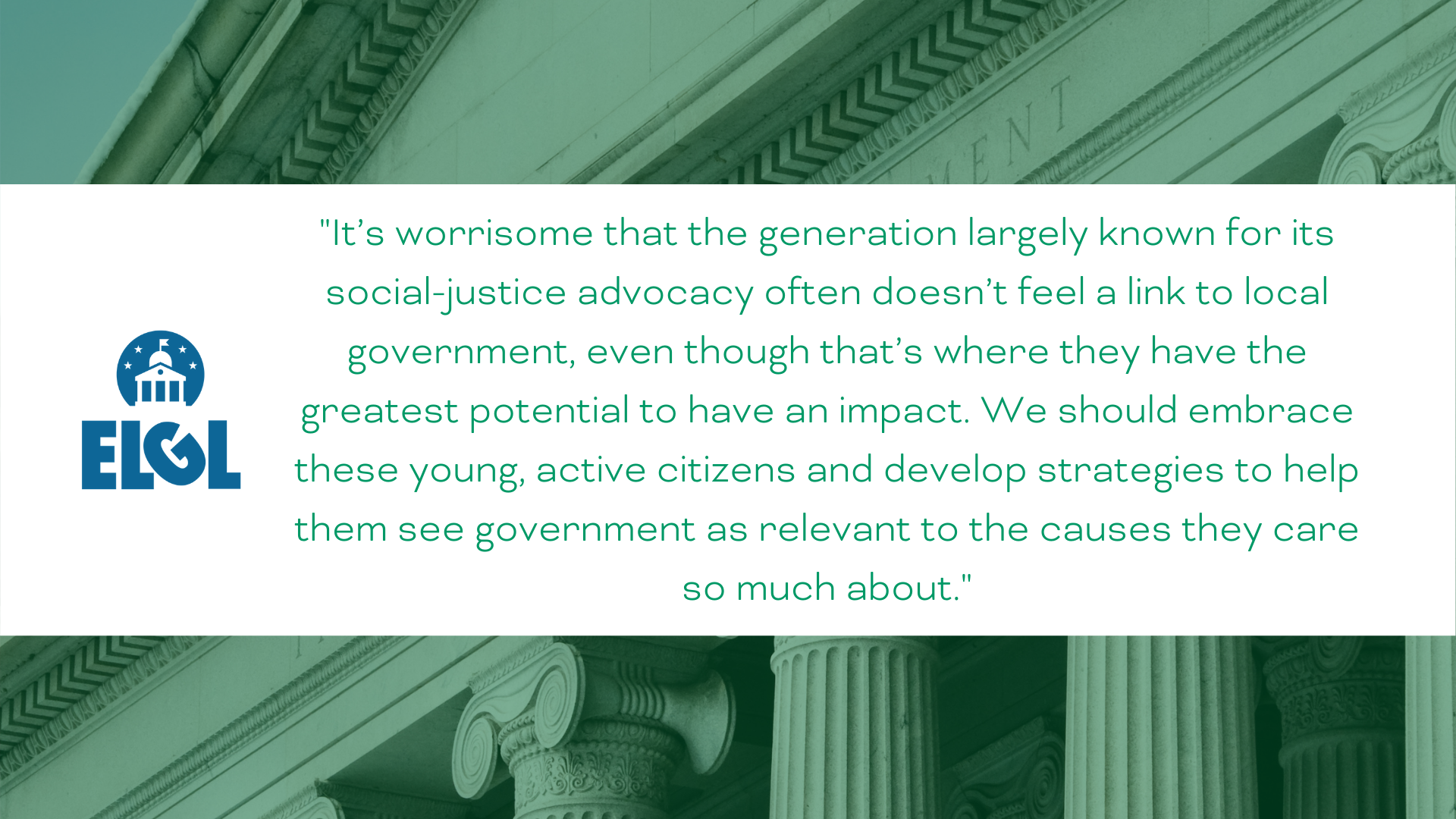If you’ve had a chance to listen to the Go Beyond the Vote podcast recently, you know that we’ve been in conversation with some truly inspirational people about civic engagement, and specifically about the need for more diverse voices in local government. (If you haven’t joined us yet, you can give us a listen here.)
In March, we sat down with Marissa Miller and Quandra Speights of She Votes Illinois to learn more about how their organization encourages women to get informed, get connected, and get involved. These two campaign veterans really helped us understand not only the nuts and bolts of running for local elected office, but some of the thinking and motivation behind their own involvement. Here are five key takeaways that I got from our conversation:
1. Not everyone has a plan before running for office. Quandra told her story of being “sick and tired of being sick and tired” — to quote Fannie Lou Hamer — and deciding to enter the race for alderwoman of the 20th Ward on Chicago’s South Side without much of a plan or much “direct” experience.
She knew that she could bring her lived experience and firsthand knowledge to politics and represent her community’s needs in Chicago City Hall. Political campaigns in America can tend to be about style over substance, so it was incredible to hear from someone who decided her community deserved better and ran a grassroots campaign to get a seat at the table. All she needed to get started was the drive to make a change.
2. Most candidates won’t win their first election, but that doesn’t mean it’s a loss. Marissa shared that “something like 90% of people running lose their first time out,” which seems like a pretty discouraging statistic. But it can be a great training ground for understanding how to run a campaign, how to build a team and how to build towards success in the future. Quandra concurred, saying that though she didn’t win the alderman seat, it was “a great experience,” and that not getting elected wasn’t an end to her civic engagement in the least.
3. Start with those closest to you first. If you want to run for office, Marissa recommends creating a spreadsheet with everyone you know, even if only casually, and going down the list of names to invite them to join you for (virtual) coffee.
You can learn a lot about what those around you care about from these conversations and you can integrate this firsthand knowledge into refining your campaign platform and messaging. If you ask everyone you meet with to introduce you to two more people, you can start to build a network of supporters organically. Quandra also shared her experience using her friends and family as a focus group to help her decide if she should run for office.
The support and enthusiasm they showed her helped galvanize her campaign and gave her confidence as she reached out to community leaders like churches and developers in her area. The message Marissa and Quandra came back to is that people want to be of help and want to be seen as a resource, and you might just be pleasantly surprised at what happens when you ask for help.
4. Think the campaign manager is the most important player on your team? You may be surprised. If you don’t follow campaign finance rules and make your filings on time, your campaign treasury can be rapidly depleted by fines and penalties.
Marissa learned this lesson the hard way and quickly learned how invaluable it is to have someone on your staff who understands (or can learn) the process and is fiscally responsible. Being prepared to track receipts and expenditures from the get-go and finding the right person to serve in this role will serve you well.
5. “If you can go out there and get your own signatures, do it.” You can lose a lot of money, and time, if you pay the wrong people to gather signatures for you on your petitions. Quandra told the horror story of how she threw out many petition sheets because someone on her campaign designed their own and because those workers she had hired to gather signatures didn’t always check to make sure the information was complete. While she later learned that those custom designed petitions were valid, she lost valuable time campaigning while dealing with this issue.
Marissa also emphasized that collecting signatures and circulating petitions is a great opportunity for politicians to meet their constituents and spread awareness of their campaigns and messaging.
She Votes Illinois is a statewide political action committee aimed at highlighting the importance of women’s voices in elections, government, and policymaking. If you want to learn more, we encourage you to check out their website and resources like their guide to canvassing. And, of course, listen to the full podcast episode to dig deeper into these topics and get more of Marissa and Quandra’s tips on fundraising, honing your messaging, finding volunteers, and more.
Thank you,
-Sarah Gomel
